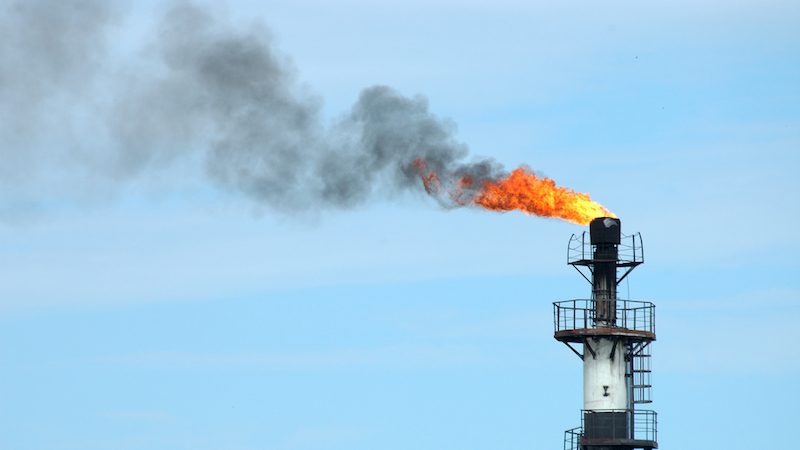The answer to Malta’s overflowing national rubbish bin, according to environment minister José Herrera, is to stack the waste in an incinerator and throw in a match. He claims there’s little choice; the government hasn’t managed to get a reasonable recycling scheme off the ground and predictably, the dumps are full.
Now, there’s such a mad panic to build an incinerator, there’s not even time for a full public consultation. Doubtless setting fire to the whole mess is a tempting proposition, especially when it conveniently generates electricity too, but it’s not as straight forward as the minister would like us to think – here’s why.
Scorch Marks
Burning rubbish produces toxins which incinerator plants must catch in expensive filters or in the ash. That becomes hazardous waste and must be disposed of in – you guessed it – specially adapted landfills. Australia’s National Toxins Network (NTN) says that “most incinerators generate 1 tonne of contaminated ash for every 4 tonnes of waste burned”.
Despite anti-pollution measures, NTN says that incinerators also emit “nanoparticles, toxic heavy metals such as lead, mercury and arsenic, and acid gases… Many of these pollutants are carried on the wind impacting communities and ecosystems.”
The United Nations Environment Programme (UNEP) reports that incinerators are also the leading source of cancer-causing dioxins which are already at “unacceptable levels [in the environment] and are likely to be causing up to 6% of all cancers” (British Society for Ecological Medicine). The BSEM adds that multiple studies have shown a direct link between increased particulate pollution and higher rates of mortality.
And the energy produced is hardly ‘green’. Burning waste produces more CO₂ per unit of energy than traditional power stations, while destroying resources that could have been recycled.
Plastic Fantastic
Malta is on the naughty step for recycling already. 45% of municipal waste is recycled on average across the EU; Malta scored a dismal of 7.1% in 2016, according to Eurostat, and produces the second highest amount of waste per person in Europe (647 kg annually). Current EU targets are to recycle 44% of municipal waste, rising to 55% in 2025.
Basic recycling is not compulsory in Malta, although this is an obvious first step. The long-awaited bottle deposit scheme is yet to materialise even though similar schemes have increased drinks container recycling to around 90% in other countries.
Jurgita Malinauskaite from the Brunel University says that the EU is counselling member states to “gradually phase-out public support for the recovery of energy from mixed waste… The message from the EU is clear that the development of separate collection structures and recycling capacity (preferably in the form of anaerobic digestion) should be a priority.” Meanwhile, Malta is barrelling in the opposite direction.
Burning Question
Herrera’s Big Burner won’t be operational until 2023 so what do we do until then? Martin Galea de Giovanni of Friends of the Earth Malta has asked the government this. “We never received a straight answer”, he says.
Feeding the Beast
If the government builds an incinerator, we can probably forget about any meaningful attempt to recycle.
Incinerators need lots of waste to function economically (around 1000 tonnes of rubbish a day according to some experts). Malta produced a daily average of around 775 tonnes in 2016, the majority of which should have been recycled.
Nature Trust Malta confirms that, “we do not generate enough waste to justify an incinerator.” The solution for a government with a poor record on recycling might be to ditch ‘reduce, reuse, recycle’, in favour of ‘burn it all’.
Herrera talks of a circular economy (i.e. employing zero waste solutions) but an incinerator is the poster child for a linear economy. Burning rubbish, as NTN says, rewards ‘consumptive and wasteful lifestyle choices’. It’s a short-sighted approach to waste management by a government deliberately blind to environmental realities.












